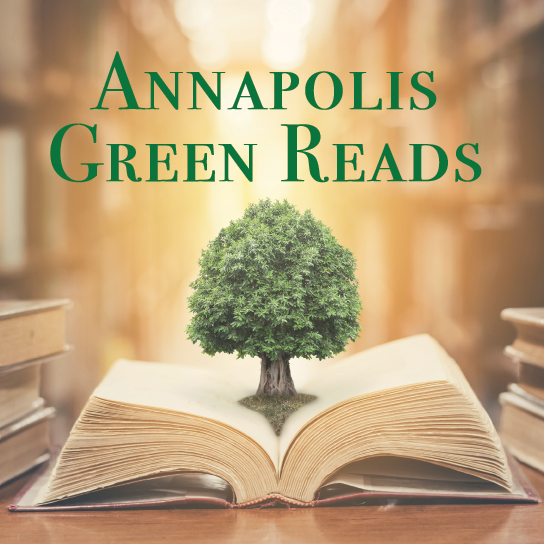Observations on The Overstory — a Green Reads Book Club Selection

by Karen Grumbles
I am looking out the window into my backyard at the marcescent light brown beech leaves all uniformly fluttering in the rain. The view comforts and entrances me. ‘Marcescence’ became one of my favorite words in the last few years when we planted a young beech sapling in our yard and I wondered why its leaves clung onto the branches in the autumn when all the other trees rather dutifully shed their leaves. Marcescence is seen on young beech trees (also on some oaks) and is believed to be the action of the leaves to hide and protect the new buds. The trees seem to be saying, “hold on there.” The leaves do it every year, have for millenia, and now we can do it too. What an appropriate message for these challenging, turbulent times.

My beech trees’ message reminds me of some messages that Richard Powers’ The Overstory conveys. The Overstory is a rambling epic of interconnected fables and narratives with the main protagonists being the forests themselves. This is a somewhat unique novel as a man vs. nature story and won the Pulitzer Prize for Powers’ excellent grasp of the natural world that becomes a call to action on behalf of trees. The trees are communicating among themselves and, in a way, with us. The multiple characters in the book each have a unique relationship to a tree. If you are looking for a novel to compel a greater awareness of the nature around us and the importance of forest conservation and biodiversity, our book group agreed that this was a great one to read. We think that there should be many more stories written to engage the layperson on environmental issues. Maybe some should be a wee bit shorter in length though!
As Richard Powers writes: “The best arguments in the world won’t change a person’s mind. The only thing that can do that is a good story.” We recommend this one.
If you’d like to order the book, support Old Fox Books by ordering from this locally owned, independent bookstore.
Our book group is discovering that we are developing a sense of continuity with our book selections. Although we choose a variety of environmental issues to read about, there is an emerging stream flowing. If you would like to join in our trip down this waterway, let me know with an email.
Our next book is The Omnivore’s Dilemma by Michael Pollan. We are each going to prepare the same meal (recipe provided) and enjoy a virtual dinner together at the end of the month while we discuss the book.
“Hold on there” and stay well!
